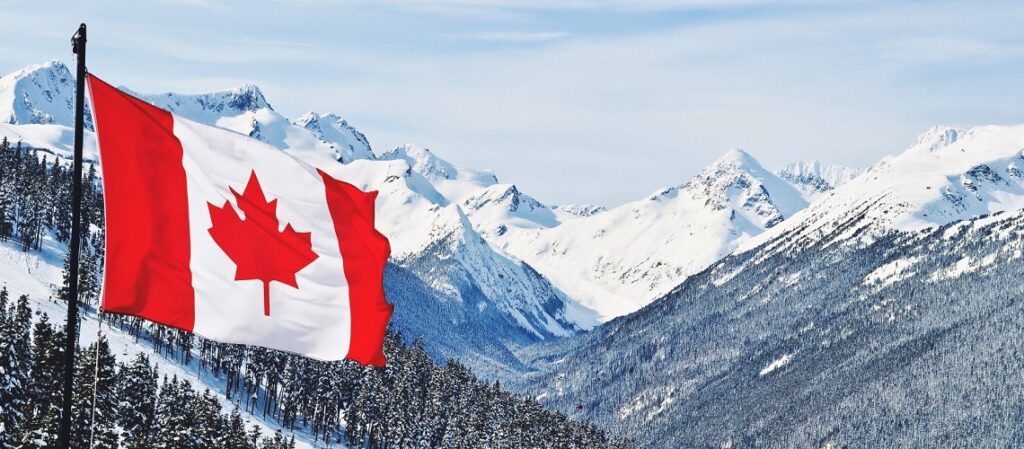
With sustainable practices and cutting-edge snowmaking technology, Canada’s ski industry ensures the future of winter recreation while supporting communities nationwide.
Winter sports enthusiasts across Canada eagerly anticipate the first snowfall, signaling the start of a season filled with fresh air and fun in a snowy wonderland. However, a changing climate is making those first flakes increasingly unpredictable, challenging an industry that supports communities and promotes healthy lifestyles nationwide.
In response, the Canadian Ski Council has launched snowissnow.ca, a resource showcasing the industry’s commitment to sustainability and innovation. The initiative provides a behind-the-scenes look at how Canada’s ski areas are adapting to ensure snowy days remain a hallmark of winter for generations to come.
The Canadian Ski Council is a national not-for-profit organization dedicated to promoting skiing and snowboarding across Canada. Through a variety of programs and initiatives, the Council works to make winter sports accessible to all Canadians, fostering a love for the outdoors and encouraging active, healthy lifestyles.
Why is it Important for Canadians to Know that Snow is Snow?
“Responsibility and resilience are at the heart of the ski industry’s investment in snowmaking,” says Paul Pinchbeck, President and CEO of the Canadian Ski Council. Snowmaking is essential for ski operations across Canada, providing consistent snow coverage that enhances the experience for recreational skiers. “It ensures visitors can enjoy the slopes even during fluctuating temperatures and unpredictable weather while supporting the communities that rely on winter tourism,” Pinchbeck adds.
Snowmaking also plays a vital role in kickstarting the winter season, offering early access to slopes before natural snowfall is dependable. This early-season reliability not only attracts visitors eager to embrace winter activities but also supports competitive athletes by providing critical training opportunities. As a foundation of operations, snowmaking bolsters the resilience of Canada’s ski industry and its capacity to adapt to the challenges posed by climate change.
Snowfall Trends and the Need for Adaptation
Snowfall data from Environment Canada reveals that winter in Canada is changing. While snow cover has decreased in regions like the Pacific Coast and the Rockies, areas in southern Canada and central British Columbia have seen an increase in days with snow cover. Meanwhile, the Weather Network’s 2024/2025 Winter Forecast predicts near- to above-normal precipitation across most of Canada, ensuring an active winter ahead.
The Economic and Health Impacts of Snowmaking
Ski areas are at the heart of many communities, supporting the economy through job creation and attracting millions of visitors annually. For example, Canada’s ski areas welcome 17.9 million skier visits annually, including 2.4 million active skiers and riders, and generate $4.4 billion in spending.
Beyond economics, skiing and snowboarding deliver significant health benefits. Outdoor activity improves cardiovascular health, balance, strength, and coordination while supporting mental well-being. Studies show that skiers may be at a lower risk of anxiety disorders like Seasonal Affective Disorder (S.A.D.) and benefit from natural boosts to sleep, metabolism, and immune function.
Snowmaking: A Modern, Sustainable Solution
The stakes are high, and the industry is taking a proactive approach to adapting to the many challenges it faces. Snowmaking technology has evolved dramatically, becoming more efficient and environmentally friendly. The snowissnow.ca resource seeks to provide insights into the snowmaking process while debunking myths about made snow. Key facts about snowmaking:
Machine-made snow is not ‘fake’ or artificial: Snowmaking equipment mimics nature’s process of producing snow crystals. Water is separated into small particles that quickly freeze as they move through the cold air.
New and Improved: Snowmaking has evolved with cutting-edge, energy-efficient technology.
Environmentally Friendly: Today’s processes minimize water usage and emissions. (90% of the water used in snowmaking is returned to the watershed source)
Essential for Winter Fun: Extends the ski season even when nature doesn’t cooperate.
With conscientious innovation and a commitment to community, Canada’s ski industry ensures that snow is snow – preserving winter recreation, supporting local economies, and ensuring snow sports remain a cornerstone of Canadian winter culture for years to come.


